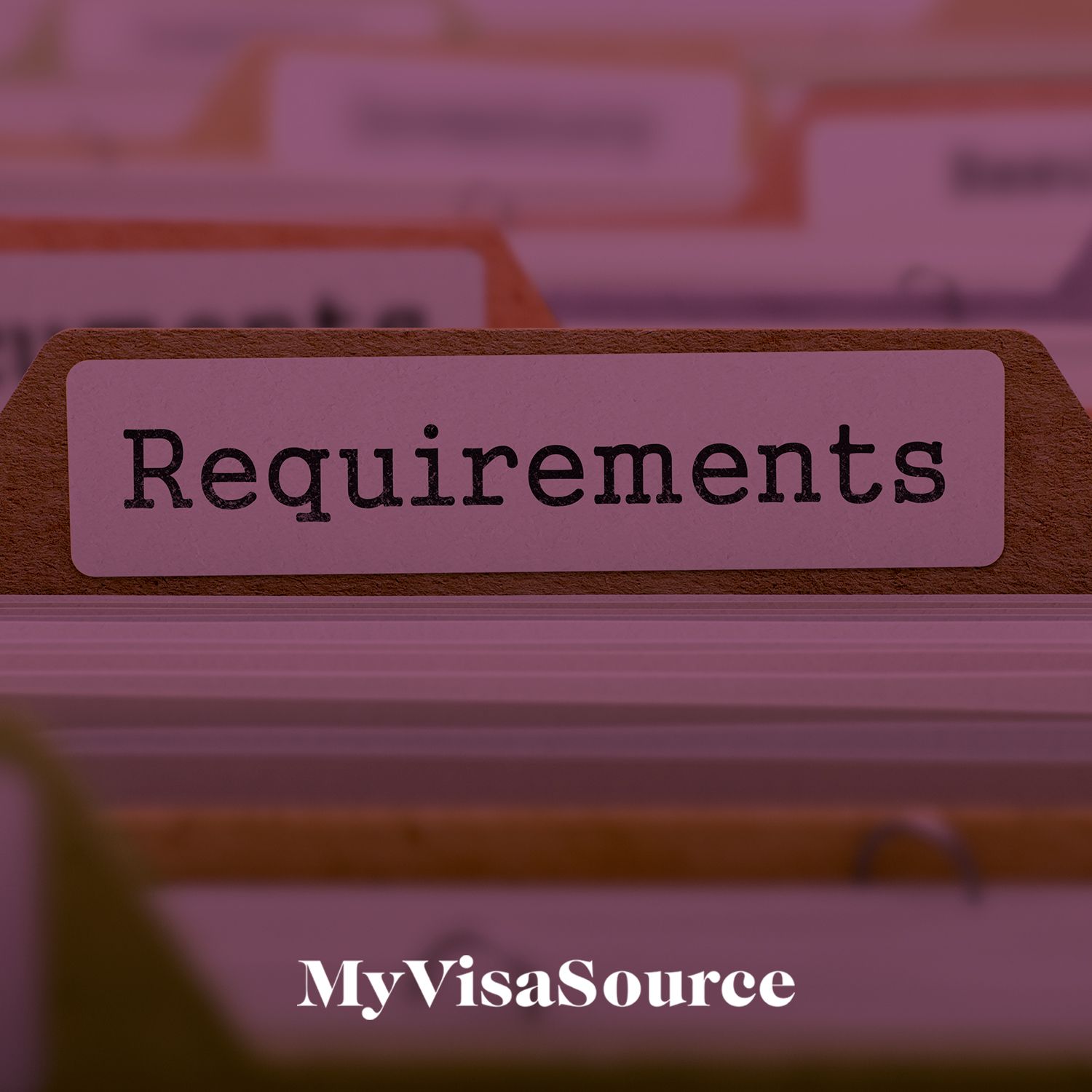If you are coming to Canada to work in an occupation, then you are required by the legislation to demonstrate your language proficiency in English or French. Recently there has been a notable increase in the number of Judicial Review petitions filed to the Federal Court of Canada regarding their denied work permit applications.
This is mainly due to applicants being refused for not being able to demonstrate the required level of language proficiency for their occupation. Usually, such Canadian immigration refusals were rarely challenged. However, an increase in the number of court cases indicates a larger trend emerging.
A growing number of Canadian visa offices have also started requesting work permit applicants to include copies of their approved language tests in their applications. This means that there is a greater emphasis on ensuring that the applicant has the required level of English or French language proficiency to perform their job in Canada.
What Are the Guidelines Provided by the IRCC for Work Permit Applications?
The IRCC requires visa officers to assess an applicant’s language proficiency based on the following criteria:
- Based on what is mentioned in the Labour Market Impact Assessment (LMIA) report, if applicable
- The specific actions were taken by their employer to accommodate the applicant’s limited English or French proficiency and address the potential security concerns
- The terms and conditions of the employment offer
- The general requirements set by the National Occupational Classification (NOC) code for each occupation
The IRCC also cautions visa officers to disregard any concerns about perceived challenges that might be faced by the applicant in interacting with the broader community if it does not affect their ability to perform their job.



















